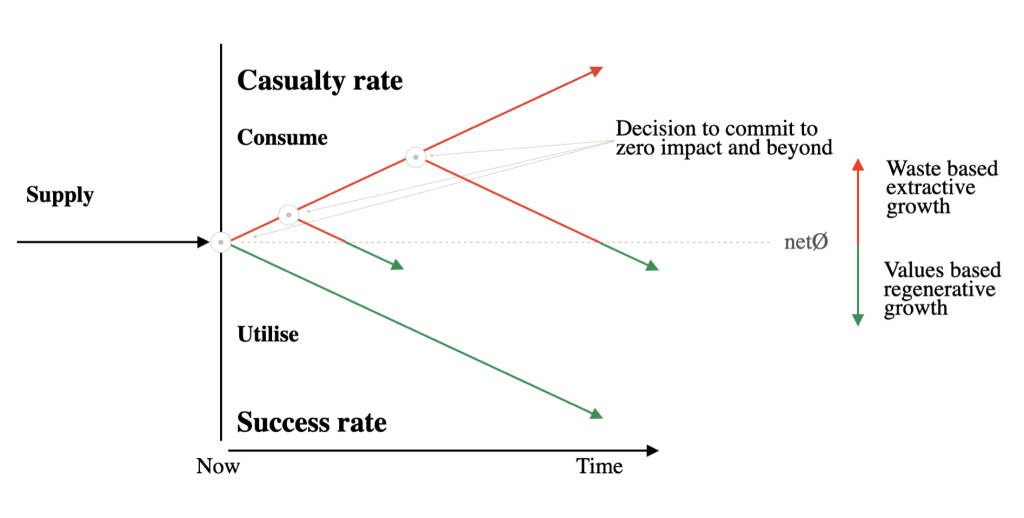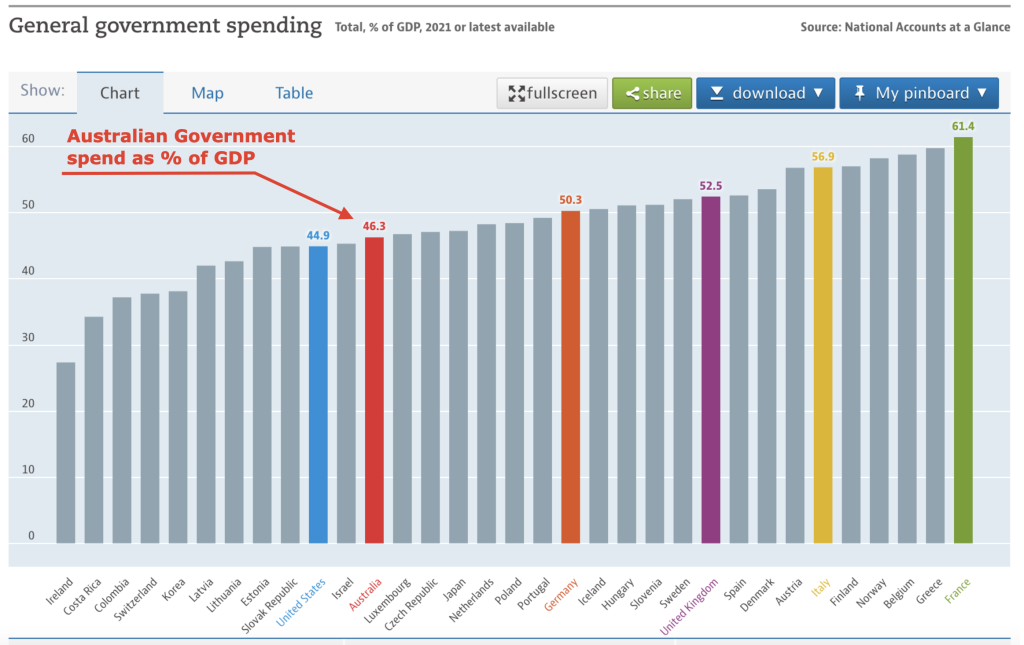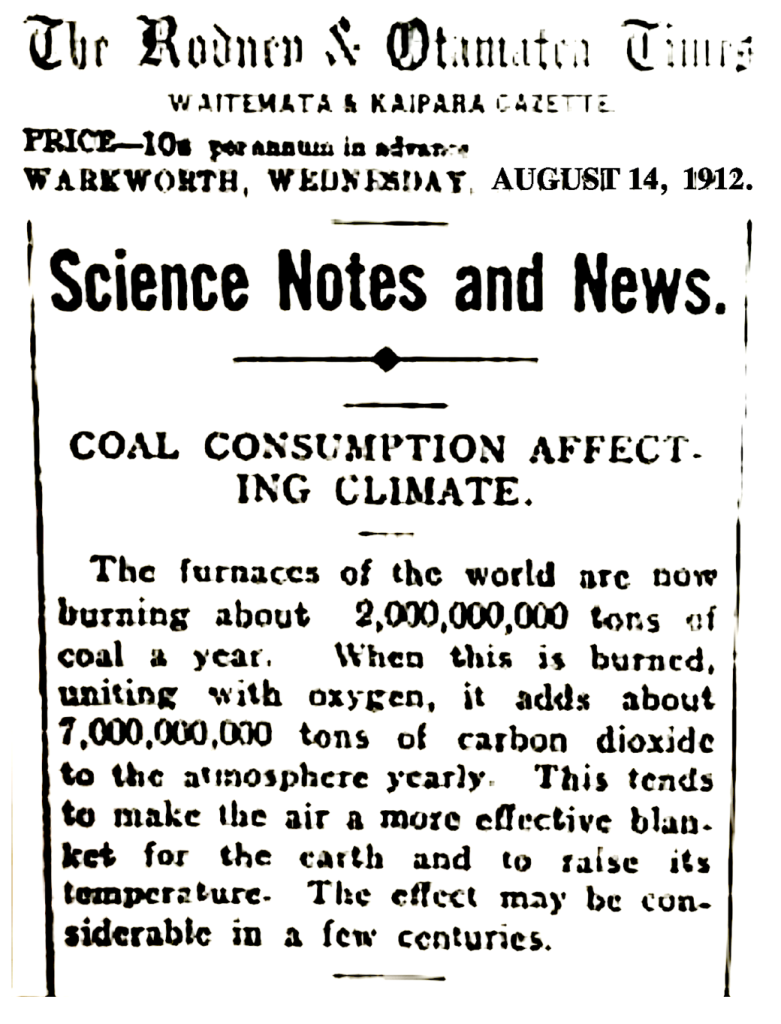Engaged Citizens
When we spend money and buy products and services we essentially exchange money for the same set of inputs or ingredients that make up those products and services. However we have very little visibility about what they are or the consequences or costs involved.
This is not because the information does not exist. The information is not available to the end consumer because the information is not valued and so not exchanged in the transactions that occur through the product lifecycle.
When we have lifecycle access to information about products and services we buy, we can make better informed choices that align with our values.
Costcarbon enables citizens and other consumers to demand information that drives change and improves efficiency from their suppliers.

In a circular and regenerating economy we all create demand and consume, and we are all suppliers, we all produce waste and create further demand for services.
Business Incentives
Businesses respond to consumer sentiment. Measuring and reporting on carbon will better position businesses to innovate and compete in a market that is maturing and transitioning towards greater disclosure and accountability.
There is a time constraint on business to transition that relates to traditional businesses switching to carbon accounting and to new business models. The longer the delay the greater the risk and also the effort in transitioning. This risk-effort burden also relates to the size of the market segment that has transitioned earlier where competition is greater.

Government Alignment
Australian governments collectively generate demand for almost half of our national GDP.
Imagine that 25% of our taxes were directed towards responsible government procurement?
Imagine if our government procurement reflected the commitments that our governments have made and agreed to?
Imagine if our governments practiced exemplary procurement and governance?
Imagine if our governments were committed to serving the citizens that they represent today and also generations of future citizens?
Regulatory alignment together with exemplary government practice across 25% of GDP will create market incentive to align practice with policy and regulation.
Today’s national carbon accounts pose a material risk and a liability on future generations and also an unparalleled opportunity for regenerative growth.
Carbon as a common metric removes language, currency, cultural or behavioural barriers enabling cooperation, scale and pace that the emergency demands. Governments role becomes more of governance and less administrative freeing time for deeper engagement and service provision.
Governments can lead by example and compliance to their own commitments.

The Reality of Inaction:
We have known for over a century and have long understood the dangers of burning fossil fuels and warming our planet, yet progress has been minimal.
Business and government have repeatedly demonstrated that they are not willing or are not capable of the change necessary. The existing economic paradigm does not allow for a just transition at the pace and scale necessary.
We understand the dangers of burning fossil fuels and warming our planet. Progress has been minimal and action intentionally delayed.
The institutions of business and government are designed for stability and consistency and respond to the demand of the market and their constituents.
Citizens, individuals as consumers and members of communities, employees, leaders, elected representatives are the decision makers that generate demand for change and enable action.
We are the change, we are business, we are government and we would be foolish, after 112 years, to continue to rely on others for the change necessary in our lifetimes.
#yeswecan #costcarbon


